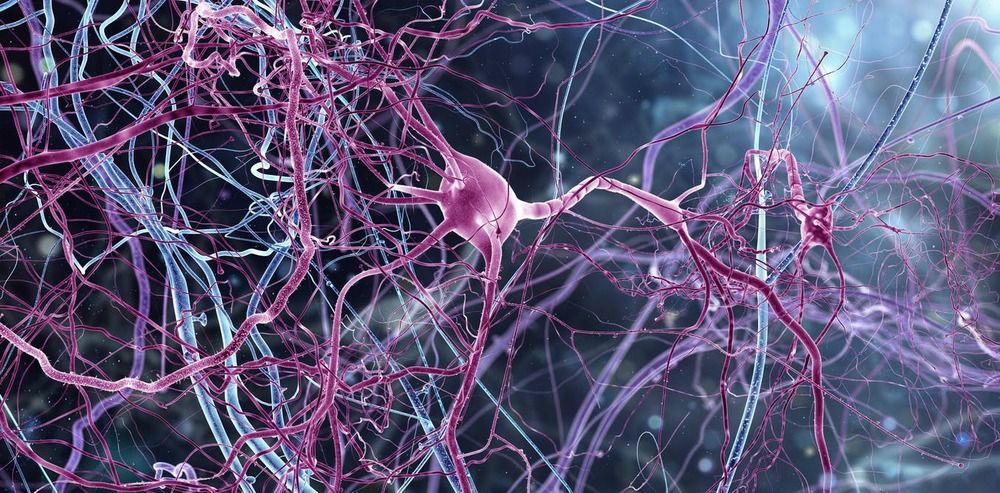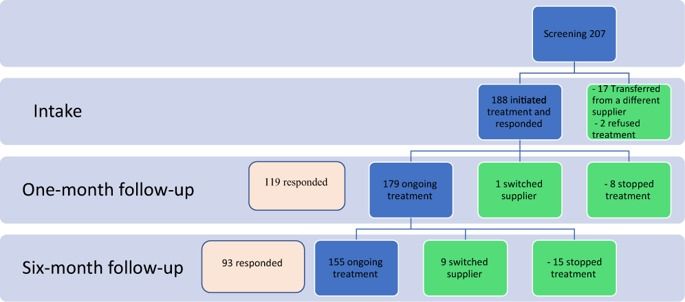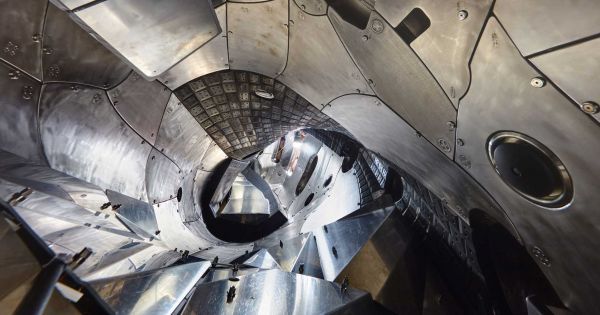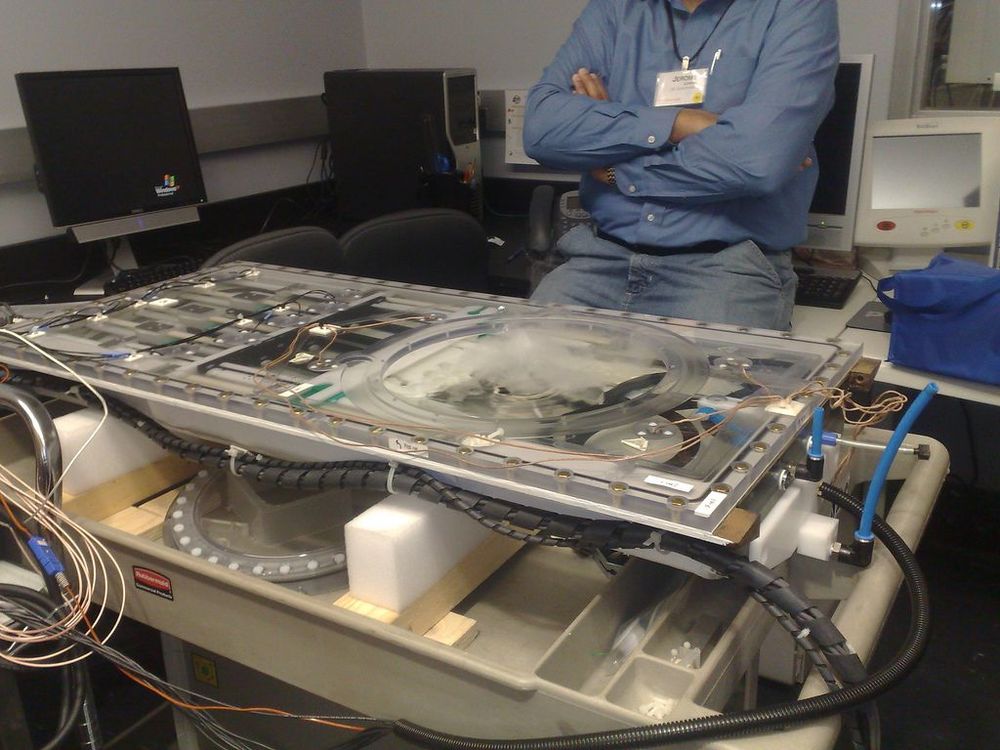The thing you never knew you needed.
There has been a dramatic increase in the number of children diagnosed with autism spectrum disorders (ASD) worldwide. Recently anecdotal evidence of possible therapeutic effects of cannabis products has emerged. The aim of this study is to characterize the epidemiology of ASD patients receiving medical cannabis treatment and to describe its safety and efficacy. We analysed the data prospectively collected as part of the treatment program of 188 ASD patients treated with medical cannabis between 2015 and 2017. The treatment in majority of the patients was based on cannabis oil containing 30% CBD and 1.5% THC. Symptoms inventory, patient global assessment and side effects at 6 months were primary outcomes of interest and were assessed by structured questionnaires. After six months of treatment 82.4% of patients (155) were in active treatment and 60.0% (93) have been assessed; 28 patients (30.1%) reported a significant improvement, 50 (53.7%) moderate, 6 (6.4%) slight and 8 (8.6%) had no change in their condition. Twenty-three patients (25.2%) experienced at least one side effect; the most common was restlessness (6.6%). Cannabis in ASD patients appears to be well tolerated, safe and effective option to relieve symptoms associated with ASD.
(Natural News) A recent breakthrough in high-intensity focused ultrasound therapy (HIFU) technology has proven its use as an effective cancer treatment. A multi-institutional research team from China developed a semi-enclosed, spherical cavity transducer that can produce a focused, standing-wave field with a subwavelength-scale focal region and extremely high ultrasound intensity. The spherical cavity transducer appeared to generate tighter focal regions and greater pressure amplitude compared with the traditional concave spherical transducer. Researchers said the level of intensity generated by the new transducer design may lead to significant improvements in HIFU therapy. The findings were published in the Journal of Applied Physics.
HIFU is a non-invasive, targeted treatment that makes use of sound waves to eradicate cancer cells. HIFU uses an ultrasonic transducer to convert electrical signals into sound waves, then concentrates ultrasound into a small focal region to raise the temperature to more than 65 decrees Celsius, thereby killing cancer cells in the process without inducing damage to surrounding tissues. The technique works in the same manner as focusing sunlight through a lens, which helps eliminate the disease-causing cells.
HIFU can be used as an alternative to traditional cancer treatments such as chemotherapy and surgery.
Longevity Vision Fund has exited stealth with plans to invest $100 million in startups with aspirations to extend healthy lifespans. The fund, which is linked to the founder of XPrize, will pump the money into biotechs and other longevity startups based around the world in seed to series B rounds.
Sergey Young, the founder of Longevity Vision, unveiled the fund at an event in London this week. Young is the cofounder of Peak State Ventures and an innovation board member at XPrize Foundation, a nonprofit known for running competitions to incentivize advances in fields including suborbital space flight.
At Peak State, Young and his colleagues invest in fields well outside of longevity, including property and education. But Young has established a foothold in the longevity space, leading to him becoming development sponsor of Longevity XPrize and a longevity partner at Bold Capital Partners.
United Neuroscience’s Alzheimer’s vaccine candidate UB-311 was found safe and well-tolerated, triggering an antibody response against beta-amyloid in most of the patients, according to Phase 2a trial results.
https://alzheimersnewstoday.com/…/ub-311-safe-effective-ph…/









